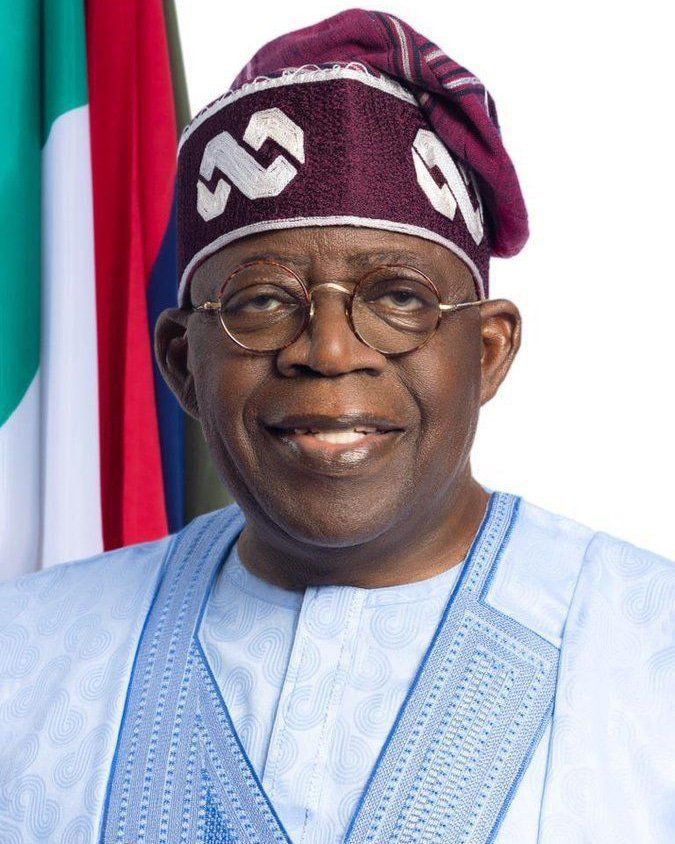In a dramatic effort to curb government spending, President Bola Tinubu has introduced new measures limiting the size of convoys for ministers, ministers of state, and heads of federal agencies. The announcement, made in a statement released on Thursday, has sparked widespread discussion as it is seen as one of the most significant steps taken by the administration to reduce the cost of governance in Nigeria.
Effective immediately, all top government officials will be restricted to just three vehicles in their official convoys. This directive marks a major shift in how government officials operate and signals President Tinubu’s determination to streamline government expenses.
The new directive, signed by the president himself, was delivered by his media aide, Bayo Onanuga. In the statement, Tinubu emphasized that no additional vehicles will be assigned to these officials for movement. The president is making it clear that the era of large, flashy convoys is over.
By restricting convoy sizes, the government aims to cut down on unnecessary expenditures linked to the maintenance, fueling, and deployment of these vehicles, which have often been a source of public criticism. This measure follows several other initiatives that the president has introduced in recent months to address the excessive costs associated with running government offices.
This move is not Tinubu’s first attempt to rein in costs. In January 2024, the president made headlines by slashing the number of officials accompanying him on foreign trips. What used to be a delegation of 50 people was reduced to just 20. For local trips within Nigeria, the president trimmed his entourage to 25 officials. These decisions were applauded by many Nigerians who have long called for more fiscal discipline in government spending.
In the same vein, Vice President Kashim Shettima’s entourage has also been reduced. For international travels, only five officials are allowed to accompany him, and for local trips, the number has been capped at 15.
In addition to limiting the number of vehicles, President Tinubu has also reduced the number of security personnel that can be attached to each minister and head of agency. From now on, these officials will only be permitted a maximum of five security officers.
The security team for each official will consist of four police officers and one officer from the Department of State Services (DSS). The president’s directive further emphasizes that no additional security personnel will be assigned under any circumstances.
This reduction in security details is seen as another significant move in President Tinubu’s ongoing efforts to streamline government operations and reduce costs. The statement underlined that these measures should be implemented immediately.
President Tinubu has also tasked the National Security Adviser with engaging military, paramilitary, and other security agencies to assess how they can similarly reduce their vehicle and personnel deployments.
This review is expected to ensure that even within the military and other government security outfits, the message of cost-cutting is understood and put into practice. It reflects the president’s broader approach to reform, which is aimed at creating a more efficient and cost-effective government.
The cost of governance in Nigeria has been a hot topic for years. Many have argued that the country’s massive bureaucracy and large government expenditures are unsustainable, especially in a nation where a significant portion of the population lives in poverty.
Extravagant convoys, lavish trips abroad, and inflated security details have long been symbols of waste in the eyes of many Nigerians. Critics have frequently pointed to these excesses as evidence of a government disconnected from the daily struggles of ordinary citizens.
President Tinubu’s decision to cut down these excesses has been praised by some, who see it as a long-overdue reform. By reducing the size of convoys and the number of officials on trips, the government hopes to save money that could be better used for critical services like healthcare, education, and infrastructure.
Nigerians have responded to the president’s new cost-cutting measures with a mix of praise and skepticism. Many citizens, particularly on social media, have welcomed the move, saying that the restrictions on convoys are a positive step towards a more responsible government.

